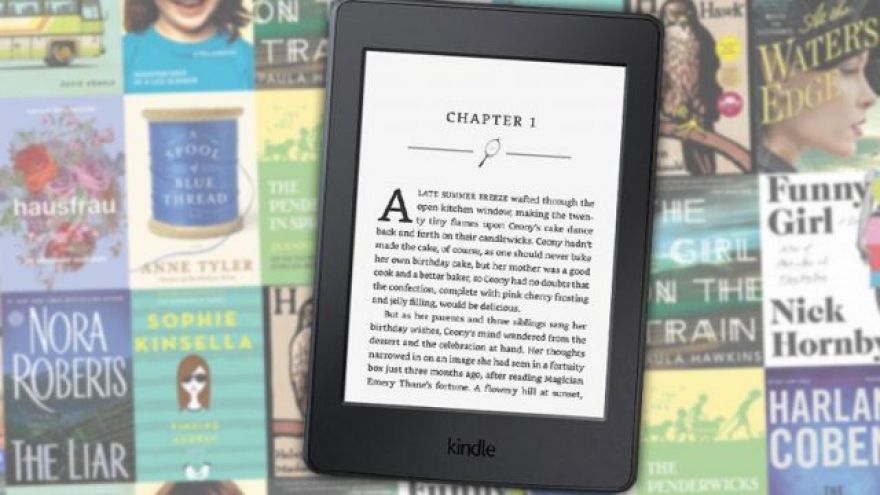
E-reader Sales Slack as Paper Books Reclaim Market Share
If you have an e-reader collecting dust on a bookshelf somewhere, forgotten in the same place you’ve had it tucked for the last umpteen months, you’re not alone. Recent data from the Publisher’s Association indicate a major market trend back toward treeware, as ebook and e-reader sales continue to slump from their 2011 peak.
It’s not clear whether the enduring popularity of tablets might be responsible for some of this change; if tablets have usurped some e-reader market share, that could explain things. to Euromonitor International, a consumer research group, sales of e-readers like the Kindle and the Nook have declined by more than 40 percent since 2011.
But it’s not all about the platform. According to the Publishers Association, sales of consumer ebooks have taken a nosedive in the U.K., falling 17 percent in 2016 alone, while sales of physical books and journals rose by 7 percent. Not to be bested, American e-book sales declined 18.7 percent between Q1 and Q3 of 2016, according to the Association of American Publishers. Paperback sales rose 7.5 percent over those nine months, and hardback sales increased 4.1 percent.
According to a Pew Research Center poll, 65 percent of Americans who responded had read a printed book in the past year; fewer than half that number, 28 percent, reported having read an ebook.
What could be driving this trend? Science has some insights. Studies suggest it’s what you read on a glowing rectangle (and even an E Ink screen), as opposed to when you read a book made of paper. This jives with the observation that we tend to skim and scroll when we’re reading online, as the structure of a page chivvies us quickly from one bit of content to the next.
There may also be something important about the physicality of the book itself. Compared with a Kindle, it’s much easier to orient myself in a book. Between the corners of the pages and the physical thickness of the book, I have a sense of where a given bit of text is in the story and in the book.
This may be related to the fundamental structure of the human memory. Champion memorizers have brought into the public consciousness their “method of loci,” also known as the “” technique. Using this technique, a person can perform truly outstanding feats of memory, like memorizing pi to the 65,536th digit. Key to the idea of the memory palace, though, is the notion of place. When a person is moving through their memory palace, an MRI will show activity in his or her hippocampus, in the same places that we use to remember where we are in space — or perhaps where we are in a book.
What do you think: are e-readers the future, or are they bound to go gently into that good night?